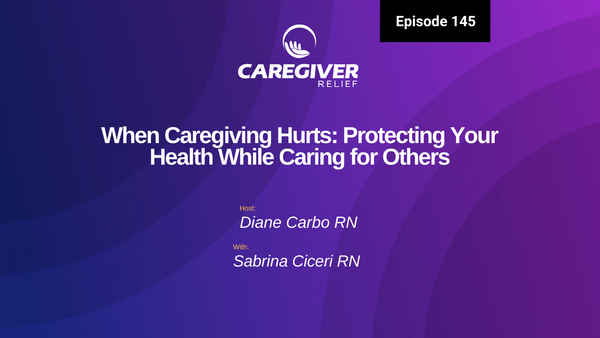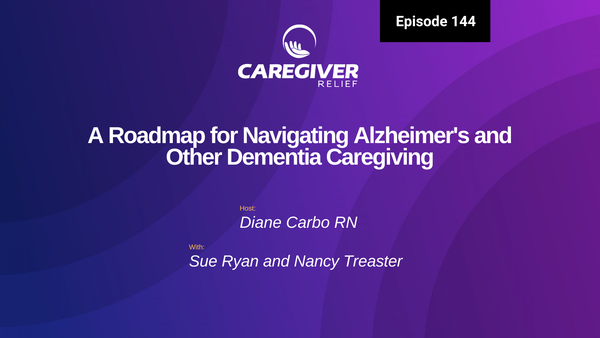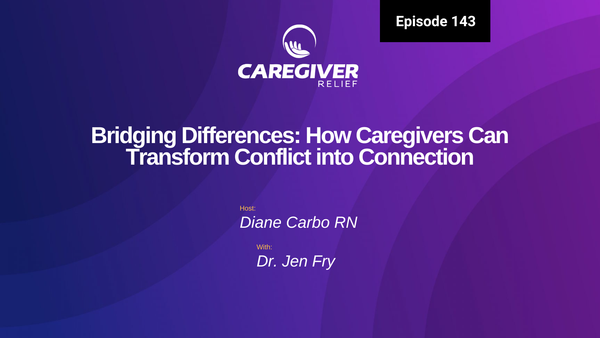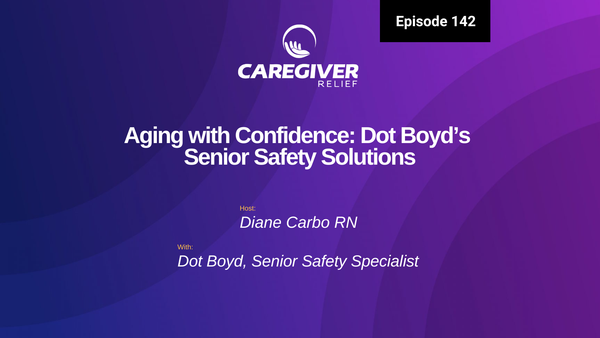Studies Reveal What You Can Do To Slow Progression of Dementia
A new study shows evidence that caregivers can slow the decline of dementia in patients by using positive coping strategies. Learn about problem-focused coping and other techniques for reducing stress and improving the care environment for dementia sufferers on Caregiverrelief.com

Slow or prevent dementia?
Using coping strategies and mindfulness…
A study published in The American Journal of Geriatric Psychiatry by Utah State University recently announced that there is strong evidence that caregivers can encourage higher functioning in individuals with dementia by using “positive” coping strategies. Caregivers that utilize problem focused coping, have an attitude of gratitude, and seek assistance from others for social support has been proven to slow the decline in dementia.
Problem focused coping strategies focus on the causes of stress in practical ways, which addresses the stressful situation that is causing the stress, consequently reducing stress. The goal of utilizing problem focused coping strategies is to remove or decrease the cause of the stressor. Problem focused strategies include taking control of the situation, trying to understand the situation, now evaluating the pros and cons of dealing with the stressor.
What is Problem Focused Coping ?
In this study the Mini Mental State Exam was used to measure the cognitive abilities in each of the participating individuals. The study, conducted in Cache County, Utah involved a team of Utah State University researchers and a team from John Hopkins University assessed 226 individuals with dementia and their caregivers twice a year for up to six years. The Cache County Dementia Progression Study is the first published research to show evidence that the aspects of the care environment, could actually slow the progression of Alzheimer’s disease.
Dr. JoAnn Tschanz, the study’s lead author and a professor at Utah State University states “this study is a groundbreaking event in the fight against dementia, including Alzheimer’s, which has been so perversely devastating for individuals and families, especially given the limited treatment option for patients and their families. Except for psychiatric symptoms, few studies have examined how caregiver characteristics affect the rate of progression, and our findings indicate significant associations between caregiver coping strategies and the rate of cognitive and functional decline in dementia.”
More on the study of what you can do to slow dementia…
Dr. Tschanz went on to say “greater use of problem focused coping may be mutually beneficial for patients and caregivers. Use of this coping strategy may translate into developing a care environment that is tailored to individual patient needs. Furthermore, other research suggests problem focused coping has been associated with less emotional distress among caregivers. Such strategies may help caregivers cope with the stress of dementia caregiving while curbing the progression of dementia in their patients.”
The study, titled Caregiver Coping Strategies Predict Cognitive and Functional Decline in Dementia: The Cache County Dementia Progression Study, was published in the January 2013 issue of The American Journal of Geriatric Psychiatry. The studies research team from the Emma Eccles Jones College of Education and Human Services included doctors JoAnn and Brian Tschanz and Dr. Scott DeBerard of Psychology and Dr. Kathleen Piercy, Dr. Maria Norton, and Dr. Elizabeth Fauth of the Family, Consumer and Human Development department. This study was funded by the National Institute on Aging.
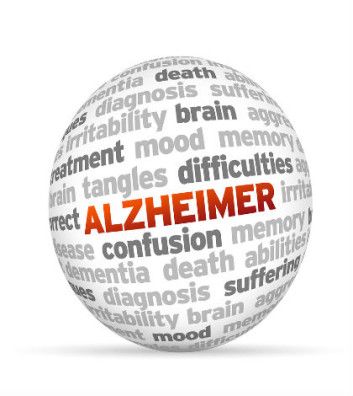
New Study Shows Mental Stimulation Can Slow Alzheimer's Progression
A recent review by the Cochrane Library reveals that engaging in mentally challenging activities like crossword puzzles and discussions of current events can have a positive impact on individuals with mild to moderate Alzheimer's disease. This is promising news for those dealing with the difficulties of this debilitating condition.
Unlike previous studies, the Cochrane collaboration focused specifically on individuals who already have Alzheimer's, making their findings particularly reliable. After analyzing 15 studies involving over 700 participants with mild to moderate Alzheimer's or other forms of dementia, scientists found that mentally stimulating activities, such as word games and puzzles, improved memory and thinking test scores. This translated to a delay of about six to nine months in symptom progression.

Activities like music, baking, and indoor gardening were also considered beneficial for cognitive stimulation. On the contrary, activities like watching TV or physical therapy did not yield the same positive effects.
In most cases, these activities were coordinated by trained staff who met with small groups of Alzheimer's patients regularly. Family caregivers were also encouraged to incorporate mentally stimulating activities at home, which they found to be manageable and not overly demanding.
While mental stimulation did not improve mood or the ability for independent living, those who engaged in these activities reported an overall better quality of life, including improved communication and interactions with others.
It's important to note that the benefits of cognitive stimulation were observed in individuals with mild to moderate Alzheimer's or dementia. Those in the severe stages did not experience the same advantages.
Although more research is needed to determine the long-term effects of cognitive stimulation and the optimal duration of these activities, involving family caregivers in the process could be beneficial.
In conclusion, this review provides compelling evidence that engaging in mentally challenging activities can slow the progression of Alzheimer's disease and enhance the quality of life for those affected.

Caregiverrelief.com promotes caregivers continue to maintain outside relationships, ask for help and utilize coping strategies to decrease levels of stress in their lives. Chronic stress not only makes you ill, it may lead to elder abuse. Knowing that by utilizing learning these strategies you, the caregiver may actually improve the quality of life in your family member suffering from dementia, is another motivating factor to taking care of yourself.
Our Caregiver Coaching program as well as our Care Management philosophy is based on the idea that stress reduction and problem focused solutions are most effective, both in reducing anxiety for the dementia sufferer and for maximizing results that are most satisfactory for the carer.
Our Resources section can help you find the information and tools that you need. We have courses, videos, checklists, guidebooks, cheat sheets, how-to guides and more.
You can get started by clicking on the link below. We know that taking care of a loved one is hard work, but with our help you can get the support that you need.
Click here to go to Resources Section now!


